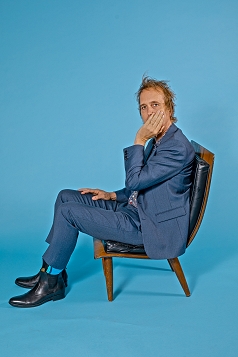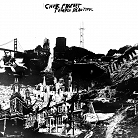
Martinez Gazette
Chuck Prophet: If it's Tuesday, it must be...Helsinki?
Actually, I think he’s in Oslo on Tuesday. Yep, Chuck Prophet has left the building, split town, crossed the state line and fled the country ... all the way to Europe, where he’s touring in support of his brand spanking new release, Temple Beautiful (Yep Roc Records). He’ll be performing solo, opening up for the Jayhawks on a short, nine city blitz, but returns to Europe in April for 31 headlining dates with the full Mission Express band, featuring the eternally cheerful Stephanie Finch (Chuck’s wife) on keyboards and vocals, James DePrato on guitar, Rusty Miller on bass and “never quite sure” on drums. Not that unusual for Prophet to venture across the Atlantic, where he’s developed quite a following since his 1980s “Paisley Underground” days, fronting Green on Red.
Unless you’ve spent the past couple of months sequestered in a seedy Pacheco motel room, you’re probably aware that Prophet and the Mission Express (named after a San Francisco bus line) played six Sunday night shows during their recent Armando’s residency. Each concert was expectedly unpredictable, whether the band was road testing new tunes or pulling out the irresistible pairing of Chuck’s chilling bible and bullhorn preacher feature, “Automatic Blues” and Neil Young’s big spike classic, “Motorcycle Mama,” starring Finch as Nicolette Larsen. It was fascinating to witness Prophet and reformed hair metal guitar prodigy – now double necked slide hero – Deprato, adroitly switch off between lead and rhythm. I hear things got a little hot and sweaty towards the end of the sold out two month run, with disheartened fans being turned away at the door. But don’t fret if you missed out, because I have a strong feeling our Prophet will return. After all, it appears a musical free love society has blossomed between Chuck, Roy Jeans and the patrons of his Marina Vista nightspot.
Prophet turns 49 this year, but at an age when most recording artists have long passed their creative peak and are coasting on autopilot, Chuck defies the norm by actually improving with age. His previous album, Let Freedom Ring! (2009), was a paranoia fueled masterpiece, recorded under chaotic circumstances (swine flu epidemic, earthquakes, power outages and “policia” hassles) in the bustling metropolis of Mexico City. And while a new Chuck Prophet CD is usually a cause for celebration, I’d been anticipating the Feb. 7 release of Temple Beautiful with some degree of trepidation. After all, how does one fashion a worthy successor to the alt-rock equivalent (reasonably close anyways) of Abbey Road (The Beatles), Blonde on Blonde (Bob Dylan) or Exile on Main Street (Rolling Stones)? The Beatles responded to their success by breaking up, Dylan fell off his motorcycle, and The Stones stuck a goat’s head in a soup pot.
In retrospect, I really had nothing to worry about, since Prophet attacks each new project by applying his typical “nothing to lose” attitude. You can’t go wrong when you have the ability/gift to consistently craft timeless tunes, à la Paul Westerberg, Alex Chilton and “On the Beach” era Neil Young. Plus, you have an exceptionally potent combination when you add Prophet’s razor sharp Telecaster guitar skills (think Keith Richards meets the twin guitar assault of The Clash and Television) and his haunting, slightly cynical Alt-Petty vocal drawl (take two thirds cup Tom Petty, add a pinch of Jim Morrison, a dash of Dylan, blend well and bake at 375 degrees until crispy on top).
Temple Beautiful (his 12th CD) is named after a long defunct music venue – oddly shoehorned between The Fillmore and Reverend Jim Jones’ People’s Temple – where a precocious Prophet caught seminal punk acts like Black Flag and The Dead Kennedys. The album mines a similar alt-indie-punk-pop-soul-folk-blues-country-rock (here-to-after referred to simply as rock) vein as earlier releases, although instead of Freedom’s shattered American Dream, the lyrics pertain to various people, places and things associated with the bohemian city in which he resides – or as Chuck puts it, “a love letter to the town where I grew up ... San Francisco.”
High points of the new record include the slashing, “You Really Got Me” guitar burst of title track (“Temple Beautiful”), the poignantly rocking ode to “the freakiest most beautiful celebration” ever (“Castro Halloween”) and the Cain and Able-like brotherly love story between Jim and Artie Mitchell (“The Left Hand and the Right Hand”). All three conjure up vivid images that will have you singing in the shower and humming in your dreams, both day and night.
Every track contains numerous examples of Prophet’s piquant wit, whether he’s discussing Carol Doda in “Willie Mays is up to Bat” (“She showed them everything she had, then she showed them all a little more”), the frailty of art and human emotions in “Museum of Broken Hearts” (“Some of them are permanent, some have come and gone / some are just too delicate to move”) or a night of tragedy in “Castro Halloween” (“When the shots rang out and two men died, you took off your mask just to see me cry”).
Prophet and Yep Rock Records decided to promote the album by organizing a San Francisco bus tour/record release party, hosted by long time KFOG radio personality, Peter Finch (no relation to Stephanie). However, this was clearly not your typical corn on the cob fed Nebraskan über tour bus excursion, as confirmed by Prophet’s claim that participants would see, “The liquor store where Janis Joplin purchased her first bottle of Southern Comfort.” Following a jaunt through the city, revelers were dropped off at an 18th and Capp St. warehouse and treated to a Mission Express concert, with special guests Kelley Stoltz and John Doe (X). Yep Roc generously provided the free Mexican food and two kegs of beer – no tip jar in sight.
Well, the verdict is in: it’s a pretty damn good record – perhaps even better than Freedom. And if there was any justice (hah!) in this world, Temple Beautiful would go multi-platinum and the title track would be a number one smash hit! But alas, the Prophet freight train will continue to chug along as just another fairly well kept secret. And though he’s accumulated a fair sized collection of faithful followers, in order to pay the utility bills he augments his income through songwriting and strategic television placement. In recent years, Prophet has written for, collaborated with and had songs covered by a wide range of artists, including Alejandro Escovedo, Dan Penn, Solomon Burke and country music stars Kelly Willis and Cyndi Thompson. One composition in particular, “No Other Love,” was covered twice, by the classic rock group Heart and by Michael Grimm, winner of America’s Got Talent (2010). As for television, Prophet’s “You Did” appeared on the season two soundtrack to HBO’s True Blood and his “Love Won’t Keep us Apart” was heard on Sons of Anarchy (FX).
So, the next time you need a break from watching high-def TV, or downloading the latest G4 App, and want to hear a really good album from one of the last purveyors of original rock music, hop on down to your local Rasputin Records and purchase the new Chuck Prophet CD, Temple Beautiful. Or better yet, make audiophile Chuck truly happy and pick it up on 180 gram vinyl – free poster while supplies last.
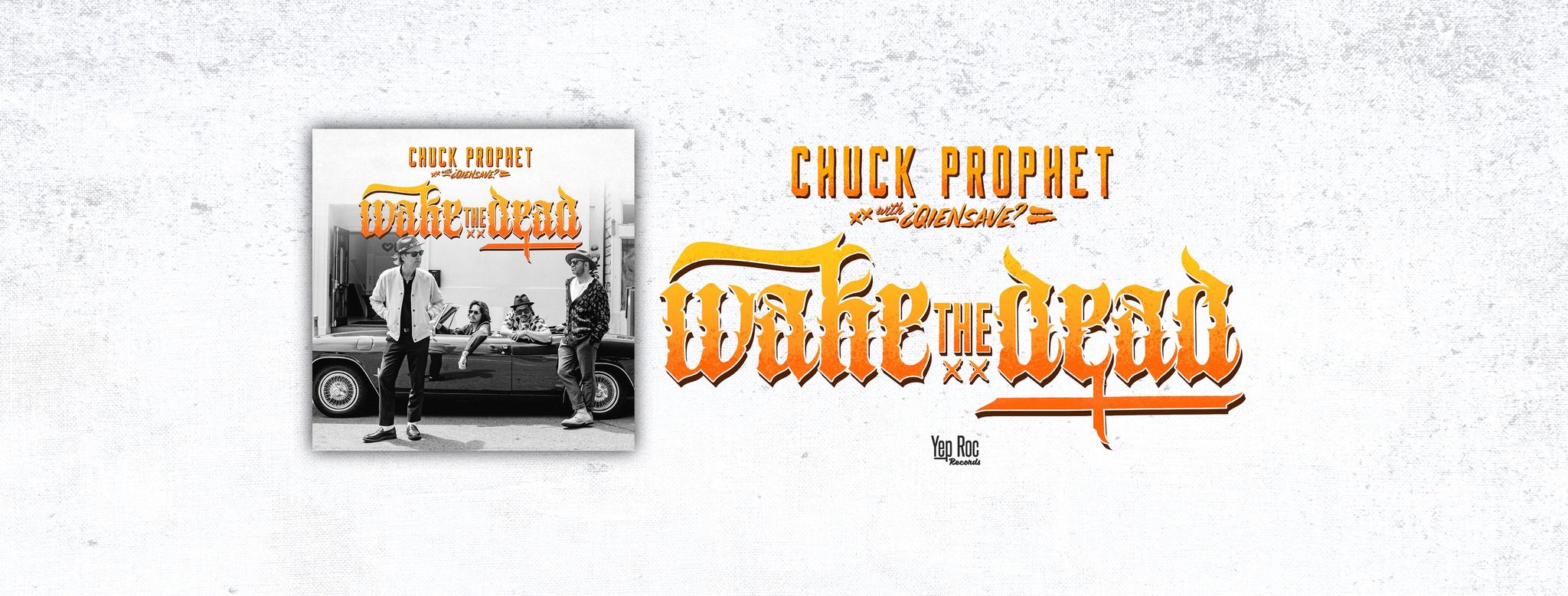


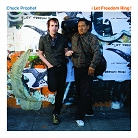
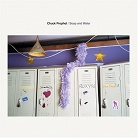

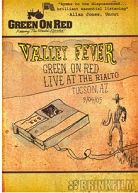



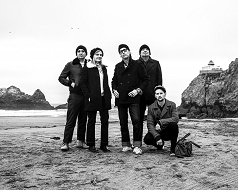
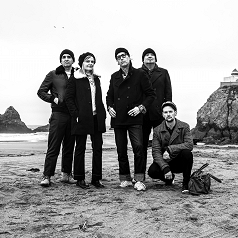
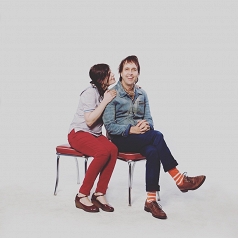
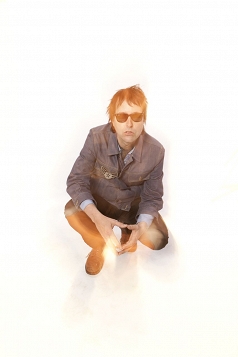

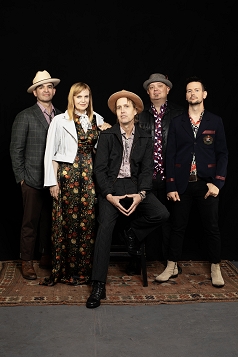
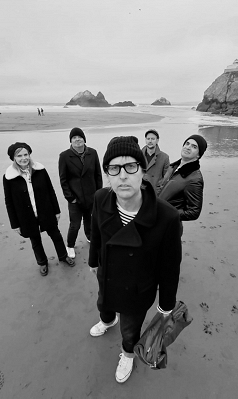
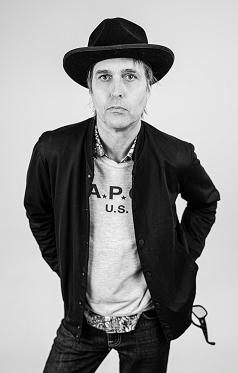
3_238_159auto_s_c1.jpeg)
